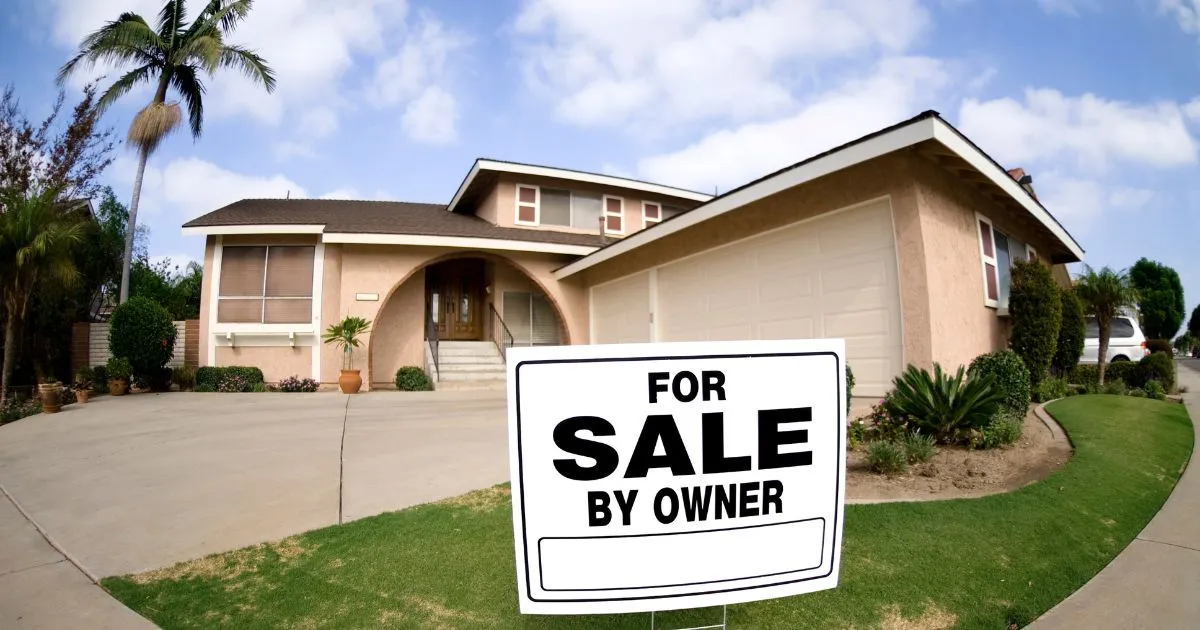Table of Contents
If you have received a payment to fix the tiles or compensate for any accident, you will thankful if you have property insurance that would help your accordingly. But before using up that payment you might be thinking of you have to save some of that property insurance proceeds for paying taxes on that payment.
It is a doubt among several property owners if their property insurance proceeds will affect their tax liabilities. If you are among such individuals, then keep reading below to have insights on property insurance, proceeds, and impact on taxes.
What Is Property Insurance?
Property insurance is an extensive terminology employed for a complete set of policies that offer protection coverage for the property or even liability coverage for the title-holders of that property. Property insurance offers financial compensation to the titleholder if there is any damage or theft of its contents and to an individual who is injured and other than the title-holder.
Property insurance can have a diverse range of insurance coverage like homeowner’s policy, renter’s policy, coverage from calamities like earthquake, flood, etc. In case of any claims, the property insurance policy will either compensate the holder of the policy for the coverage value of the damage or total expenses for correcting the damage. If the property is of very high value, there are several add-ons to the policy termed as “rider” which can cover them.
Categories of property insurance coverage:
There are three categories of property insurance coverage:
Replacement cost that compensates for the charges of correcting or trading the property at equivalent value. This coverage will be for the value of replacement charges instead of the total financial value of the objects.
Actual cash value that covers the policyholder for the value of replacement excluding the depreciation. For instance, if the object which is damaged or destroyed is 5 years old, the obtained value will be for a 5-year-old object, and not a newer version.
Extended replacement costs will compensate more than the actual coverage threshold if there is an increase in the value of the property (like construction costs for a home). This is generally not more than 25% of the value and the limits will be the maximum cost of benefit the insurance firm will compensate for a condition.
How Property Insurance Works?
The coverage by property insurance includes some weather some selective weather-dependent damages such as caused by smoke, fire, hail, ice, lightning, etc. It also covers situations occurring from theft or vandalism on the property or the included objects.
It also offers liability coverage if another individual other than the title-holder is injured during their presence in the property and wants to take legal action. It is important to take note of all the exclusions in the property insurance as the majority of policies will not cover certain extreme situations like acts of war, nuclear events, or terror activities.
What are Insurance Proceeds:
Insurance proceeds are the assistance profits given by the insurance coverages due to claim. The insurance proceeds from any type of policy are paid out after the authentication of the claim and their fiscal indemnification of the policyholder for damage that is protected under the insurance policy.
These insurance proceeds are generally paid straight to the policyholder or nominee but generally sent to the policyholder via cheque. Some of the key points to be noted with insurance proceeds are as mentioned below:
- Insurance proceeds are reimbursements given on insurance coverages due to a claim from any given situation.
- The proceeds gained from an insurance policy are intended to cover the financial damages caused by unusual damage to the property or person in the property.
- To accurately find the extent of the payment, the claim will be completely verified before paying out the proceeds.
- Policyholders need to be aware of the exclusive nature of accounting of insurance proceeds and the way they are credited.
Are property insurance proceeds taxable?
- Benefits gained from an insurance claim are usually not taxed. The IRS will add taxes on income that is caused when the settlement gained from that benefit leads to enhancement of policy holder’s wealth than before. As the actual motive of the insurance is to get you back to the same situation before the damage, you will get only equal payment to get you back to the previous condition. For instance, you may receive a fixed amount from an insurance policy to repair your property and if it is employed for solving the actual purpose, it won’t be taxable.
- A general reason for receiving compensation from an insurance claim is to reimburse for the correction or replacement of the losses to the property. This may be to repair the home after a selective natural calamity, theft occurring on the property, or rental insurance compensating for the personal object that was damaged or stolen. In any of the above-mentioned situations, there is no necessity of paying taxes on the property insurance proceeds since the actual amount will not gain the title-holder’s wealth. The motive is to get you back to the previous condition before the occurrence of that incident.
- But there are exceptions to this criterion if there is any extra benefit leftover from the claim after the property has been restored to its previous state or replaced. This can occur if there is any overcalculation of claim from the company or if the owner itself has paid for themselves for performing the repair or replacement activity.
Bottom line:
While the majority of property insurance proceeds evaluated accurately are not taxable, it is ideal to consult an expert insurance firm. Even if a settlement turns out to be taxable, the experts can help you in the right way to minimize or negate the extra taxes. Dealing with different types of insurance, their legalities or proceeds could be easier if you consult an expert like Utah title. They are a trusted and vastly experienced insurance firm serving successfully across regions of Utah.








